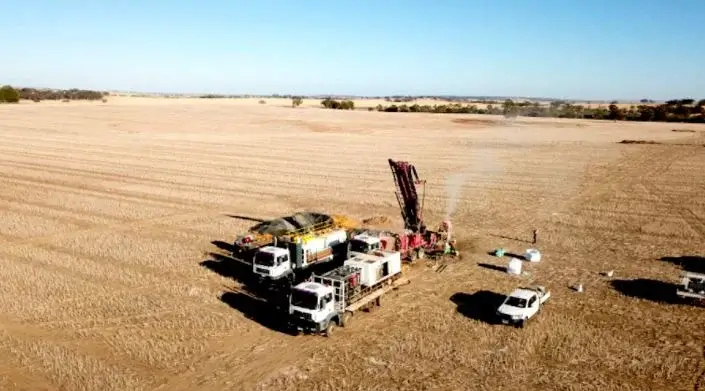Tesla has signed a five-year supply agreement with Australia's Liontown Resources, which will supply the electric vehicle (EV) giant with more than 100,000 tons of lithium concentrate per year starting in 2024.
The Western Australian mining company said Tesla will receive 150,000 tons of lithium spodumene concentrate annually for the remaining four years of the contract.
The deal, Liontown's second major contract for its Kathleen Valley lithium project in two months, sent its stock up nearly 20% on the news.
Pricing will be determined by a "formula-based mechanism" based on market prices for lithium hydroxide monohydrate, the company said.
The deal with Tesla is the second purchase agreement the Australian lithium maker has signed this year, after signing a similar deal with South Korea's LG Chem in January.
"We now have two leading companies in the Li-ion battery and electric vehicle industries signed up as major customers, which is an important step towards realizing our ambition to become a globally significant supplier of battery materials for the clean energy market," the head of the company said. Chief Executive and Managing Director Tony Ottaviano said in a statement.
Construction on the A$473 million ($338 million) Kathleen Valley mine is due to begin in the second quarter of this year, with first production expected in 2024. This will be the second major lithium mine in Western Australia after Wesfarmers and the SQM Mount Holland project, which is also under construction.
The amount of lithium promised by Tesla is equivalent to about a third of the project's annual production capacity of 511,000 tons.
Prices of raw materials, key to making batteries for electric vehicles, hit record highs last year, heightening fears of a market shortage.
Most of the current global lithium production is in long-term deals as chemical manufacturers, battery makers and electric vehicle companies scramble to secure future supplies.
The world's leading automakers, from Tesla to Volkswagen to Toyota, have said they need an ever-increasing supply of battery materials to speed up EV production.
Experts expect that by 2030, demand for battery metal from the sector will be almost three-quarters of its consumption, compared to 41% in 2020.
They also warned that the global lithium shortage will last at least another three years, but with the recent cancellation of the Rio Tinto Jadar project in Serbia, the shortage will now last several years.
Tesla also has a lithium supply agreement with China's Ganfeng Lithium, which provides the automaker with a three-year supply of battery lithium starting in 2022.




